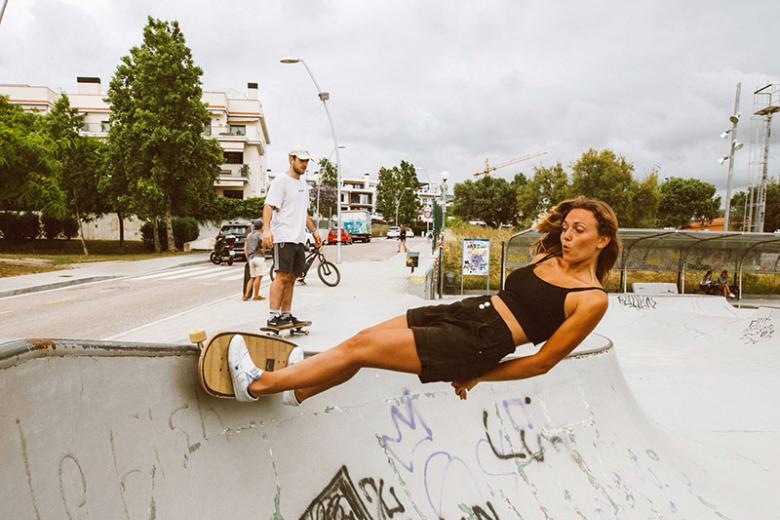UM students compete in first international Artificial Intelligence Song Contest
2020 is off to a disappointing start. Eurovision fans from Limburg saw the coronavirus add to their misery: Maastricht had already lost the opportunity to host the music festival, and now, there won’t be a Song Contest at all. However, there is hope. The first international Artificial Intelligence Song Contest is currently taking place online. Even better – it includes a team of UM students and local musicians.
“Oh yeah,” sighs Marcell Ignéczi, “We host Eurovision viewing parties every year.” The hint of disappointment over losing out is quickly replaced by excitement, as his colleague and fellow master’s student Dirk Bongers searches his phone to find the song. Their song.
Soon, a sugary melody fills the room. I always knew we would be together/now is the time/can you feel it too? The voices of rock duo René Shuman and Angel-Eye soar over soothing instrumentals. We are listening to a ballad, which appears to reflect a romance between AI and artist. I don’t know who you are/how do we go so far? Marcell mouths the words to the song as he sways back and forth behind his computer desk. “Yeah”, Dirk admits with a smile, “we play it day and night. I really like the song.”
About the AI Song Contest
The AI Song Contest is an initiative of Dutch broadcasting organizations VPRO and NPO 3FM, who challenged participants to explore the influence artificial intelligence (AI) will have on music. 13 teams from Europe and Australia compete for victory in the first edition.
The difficult process behind easy listening
I write a song, as their entry is aptly titled, is indeed surprisingly easy on the ears. However, generating it with artificial intelligence (AI) was anything but simple. Dirk: “We had about one month to create and record the song. That’s a very short timeframe. Out of the 25 teams that registered for the competition worldwide, only 13 made it to the finish line."
Marcell: “I remember thinking: there is no way we will pull this off in the time we have. We started by working non-stop from Friday until Sunday, trying to figure out the basis. That weekend the chorus emerged. The moment we first heard that melody – the naa, nana naaa, naaaa – and realized that, oh my god, it actually sounds good… We were suddenly all ready to do this.”
(text continues below image)
Listen to I write a song on Spotify or on the AI Song Contest website
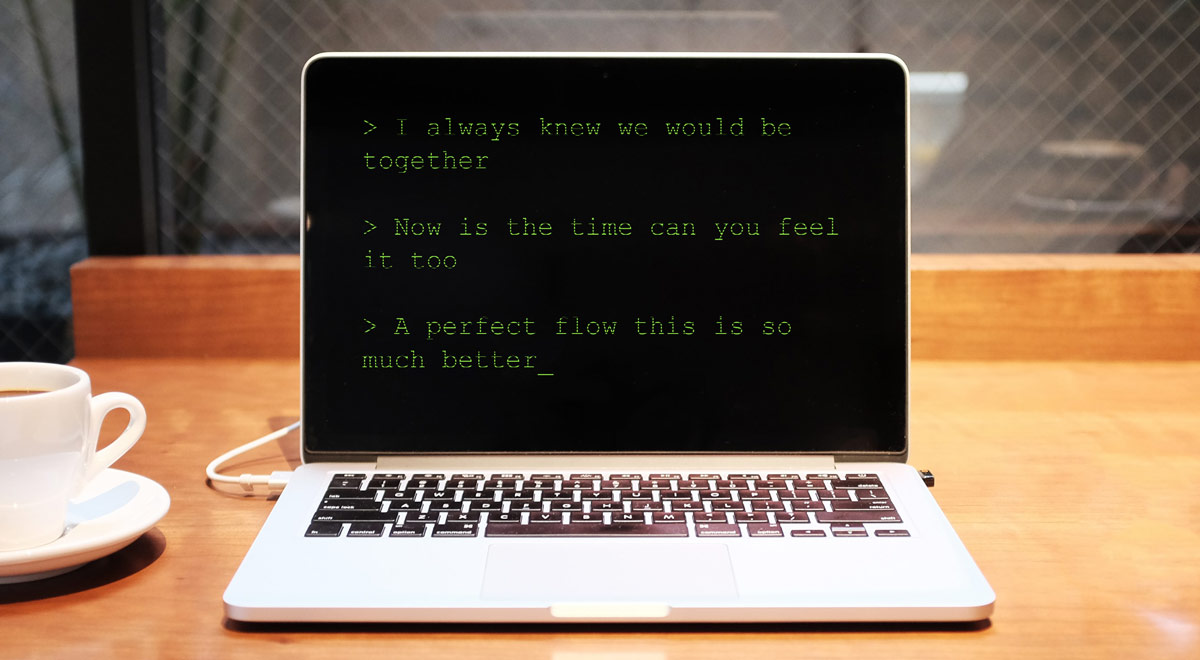
Band of computers
To lay the basis for I write a song, Dirk, Marcell and their colleague Pieter ended up creating different artificial intelligences (‘AIs’) that worked together. “We first processed the dataset of 200 Eurovision songs we received from the organisation. We removed really old songs, selected a genre and expanded the data. The rest of the process is inspired by how a real composer would work,” Dirk explains. “We first built an AI that generated the chords. Based on that, a second AI could create a melody, and then a bassline, until the AIs worked together almost like a band would. The lyrics were finally generated by an AI too.”
Marcell: “This is actually quite a new way of generating music with artificial intelligence. Looking at other research, we haven’t seen anyone take the modelling-a-composer-approach in the way we have.” (If you're curious about the AI behind I write a song, this blog post by Marcell, Dirk and Pieter talks you through the details of this impressive feat of engineering.)
Help, (A)I need a human
The musical elements generated by the three students – “a very basic structure, it was all piano music and some words” – were then passed on to Geleen musicians René Shuman and Angel-Eye. With a team of session musicians, they polished the song, filled in additional instruments and recorded it under equally intense time pressure: in one week.
“On itself artificial intelligence can’t produce music – yet”, says Dirk. “We see artificial intelligence as something that will assist humans in the future, not as a replacement. It can definitely be a good help to professional musicians like we saw with René and Angel-Eye.”
Marcell agrees. “Of course René and Angel-Eye added touches to it. The work put in by us and by the musicians is about 50-50, I’d say. But take for example the chorus: the melody is basically identical to the computer’s output.”
Douze points for Team Limburg
Are you nonetheless worried about a future where man is no longer needed? Rest assured that right now, there is one thing that depends on humans alone: voting for I write a song in the AI Song Contest. While the audience has until May 10 to judge the entries, robots are no longer welcome to participate at this stage of the competition.
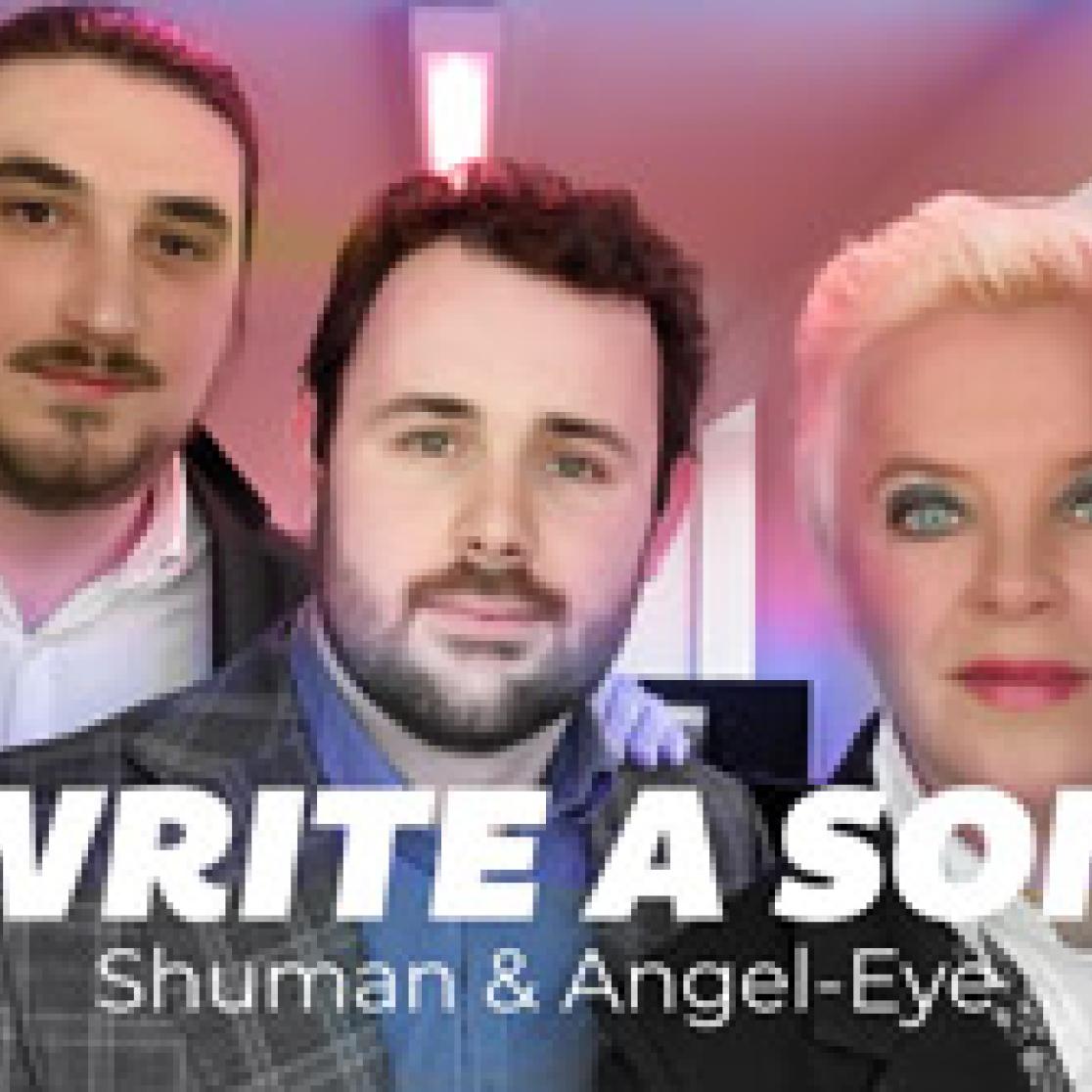
Meet 'Team Limburg'
Marcell Ignéczi, Dirk Bongers and Pieter Schaap are currently wrapping up their master’s degrees in Data Science for Decision Making (Marcell and Dirk) and in Artificial Intelligence (Pieter) at UM’s Department of Data Science and Knowledge Engineering.
Last year, the trio started their own company COMPUTD. Dirk: “One of our goals is to demystify data science and artificial intelligence: to guide people through what those buzzwords mean, and show what you can actually do with these disciplines. The AI Song Contest is a fun way of doing that.” Upon realizing their machines required a human touch (that is to say: professional musicianship), Marcell, Dirk and Pieter teamed up with Geleen musicians and IT entrepreneurs René Shuman and Angel-Eye.
Also read
-
A new life for eggshells
At EGGXPERT, a local startup, two waste products from eggs are put to use in the production of facial masks and wound plasters. Co-founder Chang Liu was one of the first graduates of the master’s in Biobased Materials at the Faculty of Science and Engineering.
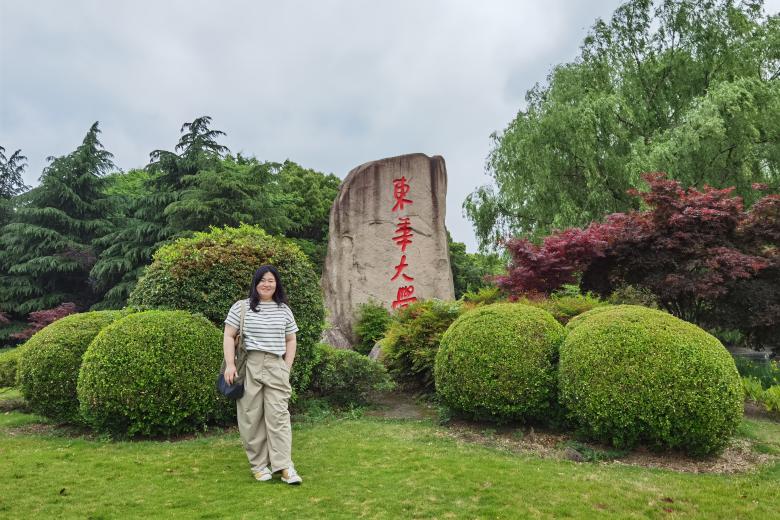
-
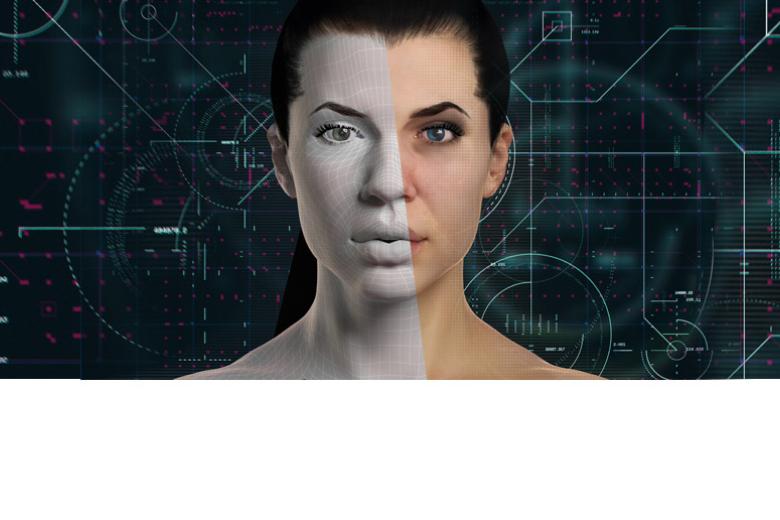
-
An algorithm-mad surfer
In 2016 Marta Dávila Mateu, now a graduate of Data Science and Knowledge Engineering, moved to Maastricht, a city completely unknown to her. Her choice turned out to be a double-edged sword. She found the lack of skate culture depressing, but enjoyed her studies, especially the focus on the...
